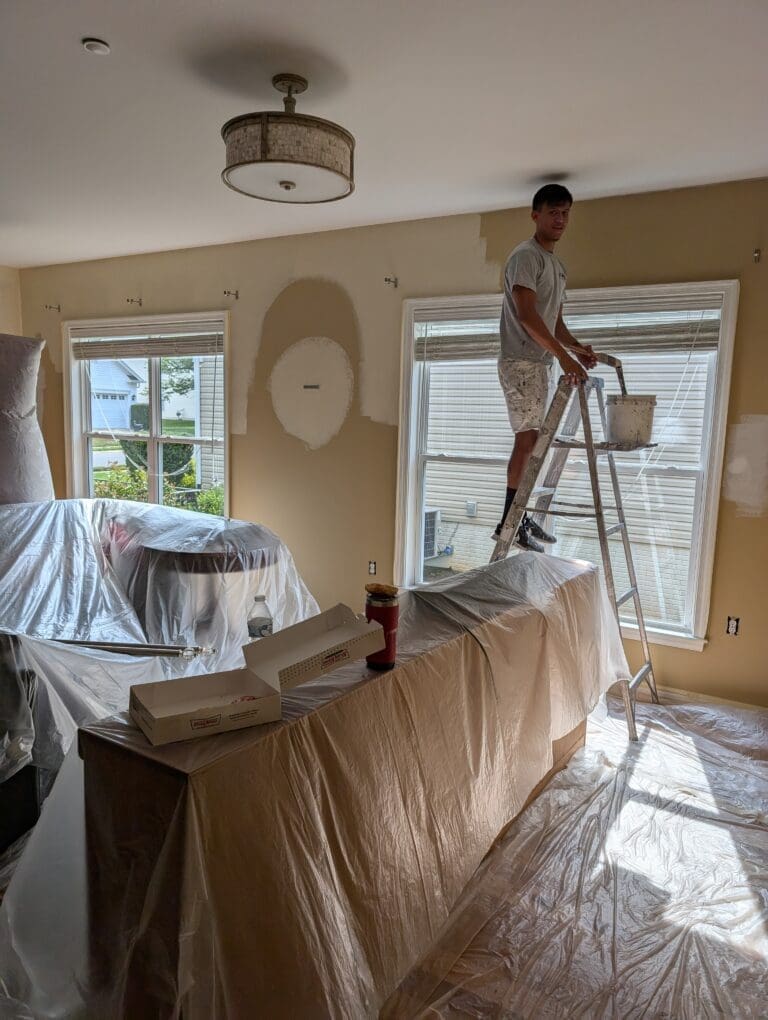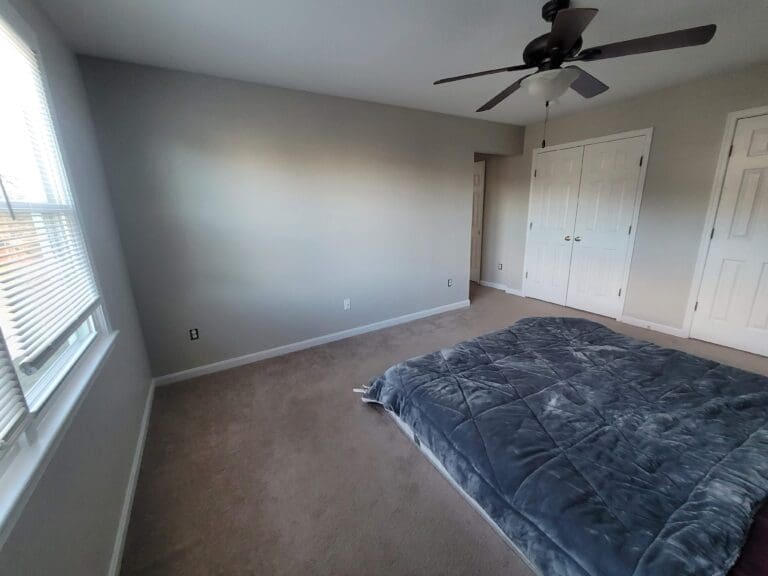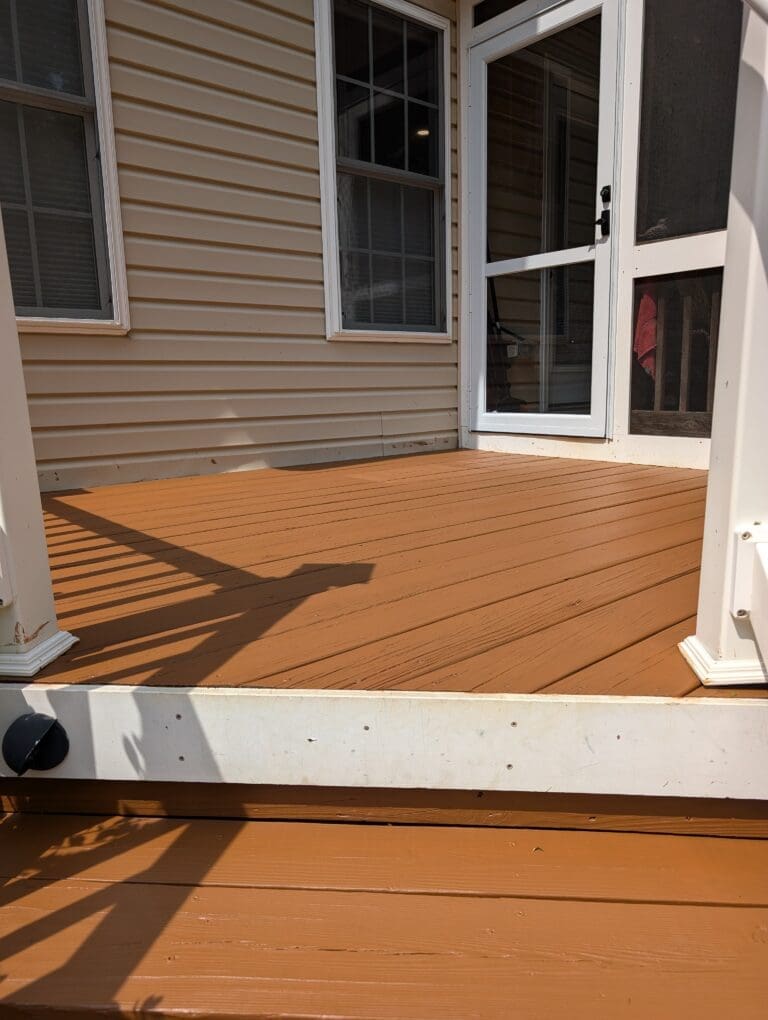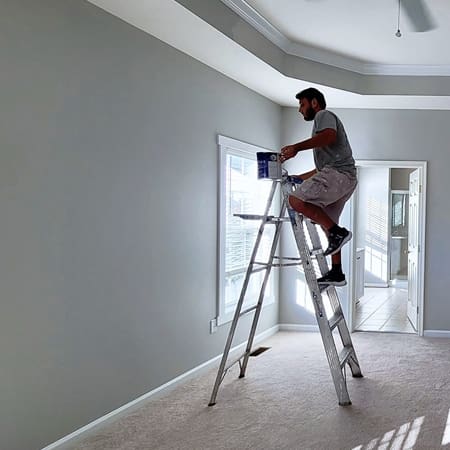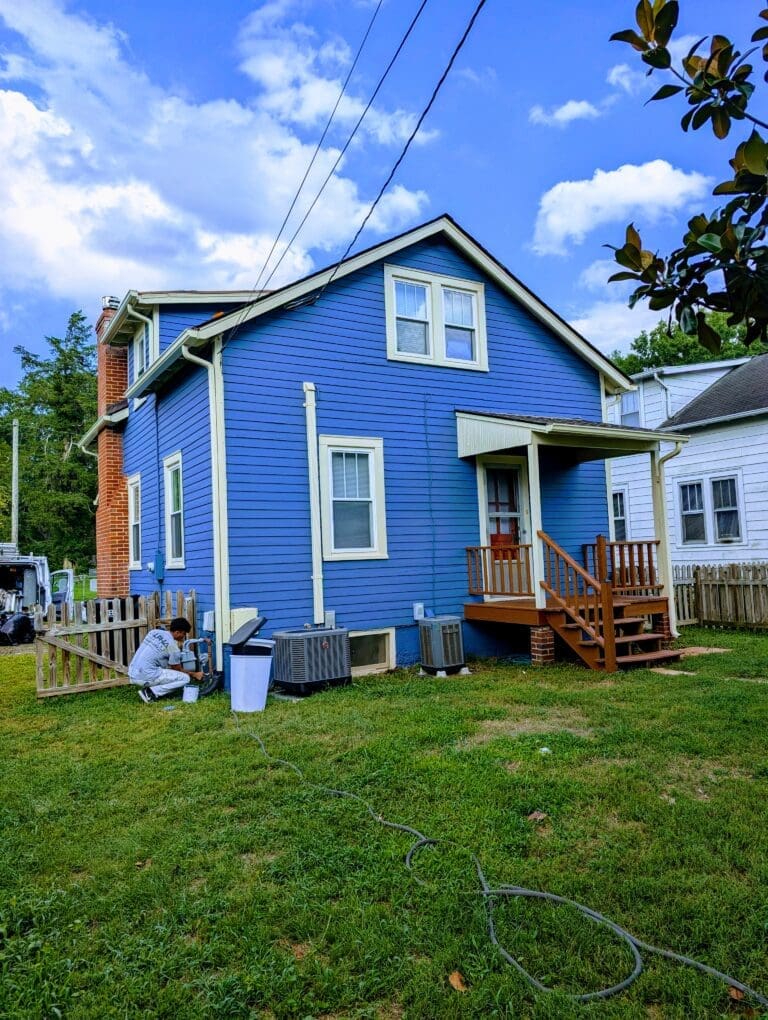Getting a Fair Painting Estimate: Questions Every Homeowner Should Ask
Planning a painting project for your home is exciting, but the process of gathering estimates can be frustrating if you don’t know what to look for. Prices can vary significantly between contractors, and without asking the right questions, you may not be comparing apples to apples. A fair estimate should give you clarity on cost, materials, labor, and expectations so you can make an informed decision. At Alpha Painting, we know how important transparency is during this stage, which is why we walk homeowners through every detail of our proposals.
Table of Contents
Why Estimates Vary So Widely
It’s common for homeowners to collect several estimates and feel confused when the numbers are spread across a wide range. This often happens because each contractor approaches the job differently. Some may cut corners on preparation work, while others might use lower-quality paint. Others might not include key items like cleanup, touch-ups, or even permits when required.
Labor costs also play a role. Skilled painters who invest in training and maintain proper insurance often charge more, but they also deliver a more durable and professional finish. On the other hand, a low bid might look appealing at first, but if it leaves out important steps, you could end up paying for repairs or repainting sooner than expected. Understanding the factors behind the price ensures you aren’t just chasing the lowest number but looking at the overall value.
Clarifying What’s Included in the Estimate
One of the first things to confirm is exactly what is included in the estimate. A detailed proposal should outline preparation, painting, and cleanup. If surfaces need sanding, priming, or caulking, these steps should be listed rather than assumed. Some contractors might only cover one coat of paint, which can leave the final look uneven if you’re changing from a dark to light color. Others may not specify whether trim, doors, or ceilings are included.
Without this clarity, the lowest estimate might seem attractive, but you may discover later that it doesn’t cover everything you expected. Always ask for specifics. A professional painting company should have no hesitation breaking down each phase of the project and explaining where the costs come from.
Asking About Paint Quality
Paint quality is one of the biggest differences between estimates. Premium paints cost more upfront but offer better coverage, longer durability, and resistance to fading or peeling. Lower-cost paints may save money initially but often require extra coats and don’t hold up as well over time.
Ask your painter what brand and line of paint they are quoting. A vague answer like “standard quality paint” isn’t enough. You should know whether they plan to use a top-tier option from Sherwin-Williams, Benjamin Moore, or another trusted brand. Also ask how many coats are included in the price, since coverage can vary by color and surface. A fair estimate will specify both the brand and the number of coats so there are no surprises once the work begins.
Understanding Labor and Timeframe
Another important question relates to labor and timing. An estimate should give you a realistic idea of how many painters will be on the crew and how long the project will take. Some contractors may underbid by promising a quick turnaround with fewer workers, but this can compromise the quality of the finish. On the other side, a company might stretch the project out longer than necessary, disrupting your daily life.
It helps to know whether the painters are employees of the company or subcontractors. Employee crews are usually more consistent in training and standards, while subcontractors may vary in skill level. Ask whether the crew will be the same from start to finish and if a project manager will be on-site to address questions.
Checking for Surface Preparation
Surface preparation is one of the most critical steps in any painting project. Without proper prep, even the best paint won’t adhere well, and the finish won’t last. Homeowners should ask about power washing, scraping loose paint, sanding rough surfaces, caulking gaps, and repairing minor damages before painting begins.
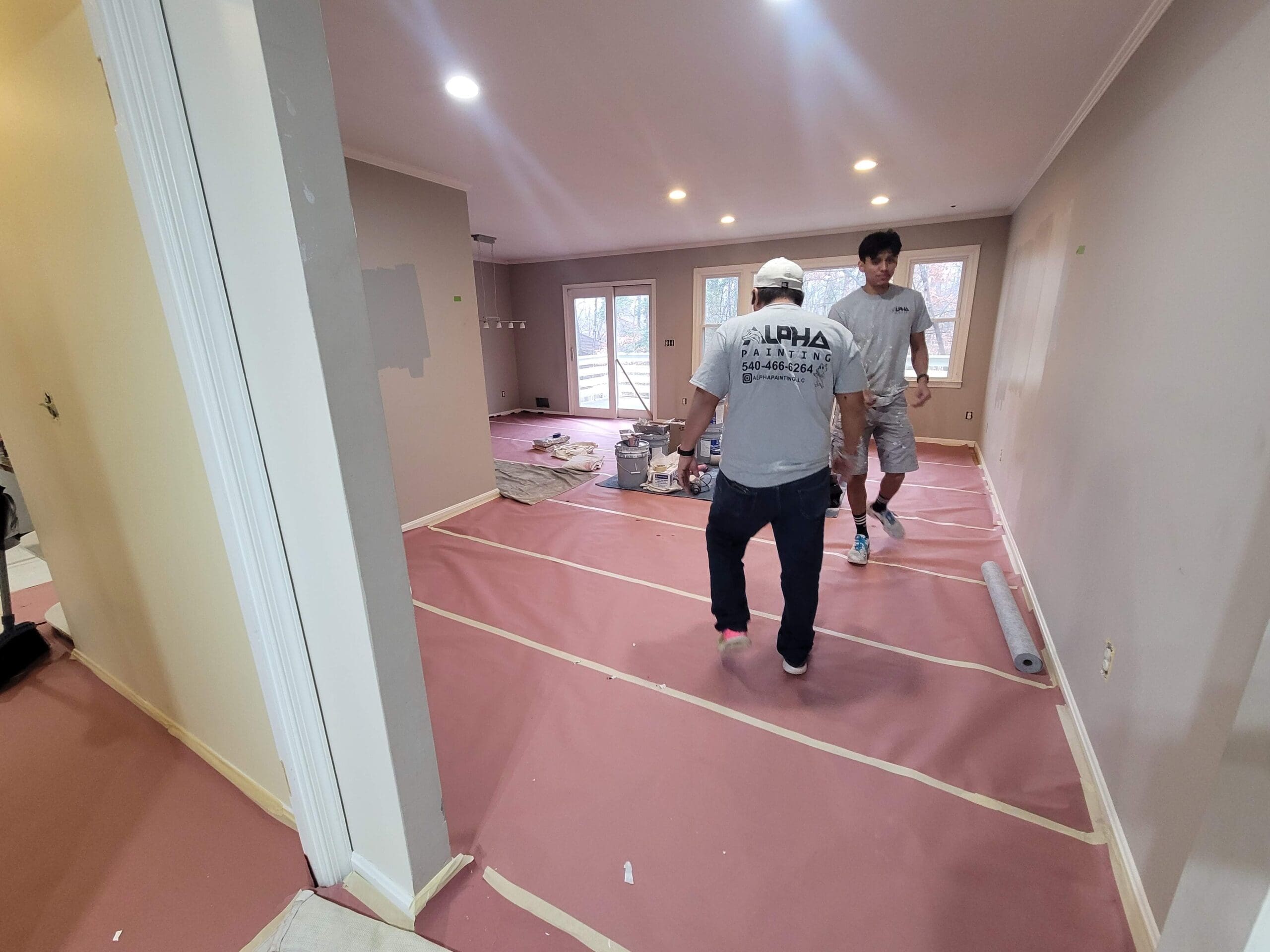
A fair estimate includes these steps because they directly affect the longevity of the work. Skipping preparation can lower the initial cost, but the paint may peel or crack within a year. When comparing estimates, pay close attention to how much detail each contractor provides regarding prep work. This is often where shortcuts are taken, and it’s a strong indicator of professionalism.
Insurance, Licensing, and Warranties
Protecting your home and investment is just as important as the quality of the paint job itself. Always ask if the painting company is licensed and insured. General liability and workers’ compensation coverage are essential because they protect you if an accident happens on your property. If an uninsured worker is injured, you could be held responsible.
Warranties are another factor that separates professional painters from those just looking to secure quick jobs. Ask whether the company offers a written warranty on both materials and labor. A fair estimate should include information about coverage length and what it applies to, whether it’s peeling, blistering, or other paint failures.
Discussing Payment Terms
Payment terms vary widely among contractors. Some may request a small deposit upfront, while others could ask for half the cost before work begins. Be cautious of anyone asking for full payment before the project starts. A fair arrangement usually involves partial payment upfront to cover materials, with the remainder due upon completion once you are satisfied with the results.
It’s also important to clarify accepted payment methods. Reputable companies typically offer multiple secure options, including credit cards or checks, and provide detailed receipts. This paperwork protects both the homeowner and the contractor.
Communication and Transparency
Beyond the numbers on paper, the way a contractor communicates during the estimating process says a lot about how they’ll handle your project. A fair estimate isn’t just about cost—it’s also about professionalism and trust. If a contractor is vague, slow to respond, or unwilling to answer questions, that’s a red flag.
Look for a painter who takes time to explain the details, provides a written proposal rather than a verbal promise, and encourages you to ask questions. Strong communication ensures you’ll know what to expect before, during, and after the job, and it helps avoid misunderstandings later on.
Comparing Estimates with Confidence
Once you’ve gathered multiple estimates, review them side by side to see where the differences lie. Pay close attention to preparation, paint quality, labor details, and warranties. A low bid may be missing critical steps, while a higher bid might include everything required for a lasting finish. Rather than focusing only on the bottom line, weigh the value of each proposal.
Choosing the right contractor is about finding the balance between fair pricing and quality work. When you know the right questions to ask, you can feel confident you’re getting a transparent estimate that protects your home and investment.


